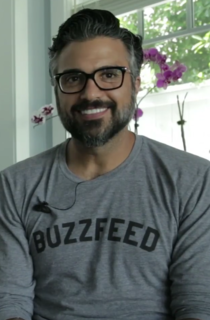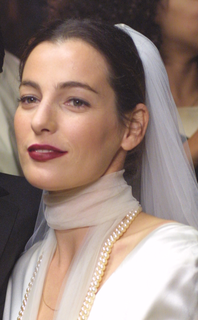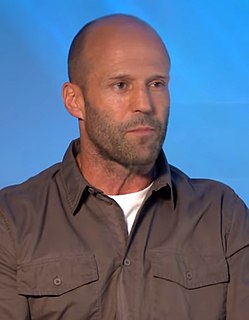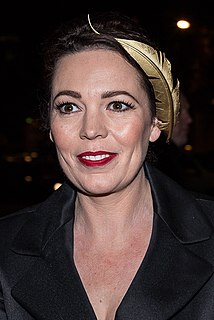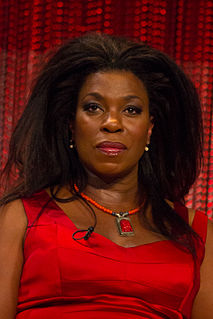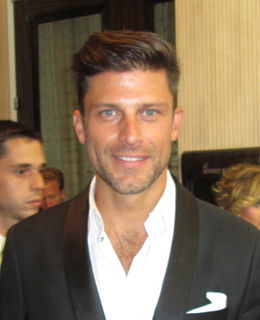A Quote by Jose Padilha
A film is a living thing. The screenplay is a guideline. You really need to have a good, sound script to know that you have a dramatic structure that's going to work thematically, and to know how one scene will got through another, and to get a sense of character.
Related Quotes
I was about 20 when my mom got sick with cancer and it was bad. It was very scary and at the time I was doing my first screenplay and I was on deadline and was alone with my father in Massachusetts. I said, "Pop, you know, I don't how I'm going to work. I don't know how I can get this done. You know, I got to hand this script in and I can't think about anything but Mom." He said, "Well, you know, now is the time when you're going to learn what it means to compartmentalize." And those words really had an impact on me.
Years ago I was going to play Chet Baker in another movie and I really felt drawn to that character and the script is good and I met with Robert and we seemed simpatico and we developed. But I had a real passion for that role and that brought me deep into that film 'cause I got the sense that Robert Budreau was going to really let me be creative inside this part.
The script that I fell in love with and adored was 'Jane the Virgin'... but every line in the pilot was essentially, 'Why did you keep my daughter a secret all of these years?' I didn't know any direction my character was going - was it going to be a dramatic character, a comedic character? - I didn't know.
I know firsthand how much work has usually gone into a screenplay, so if there's something that rings false or a line that I would think would need a tweak or something, I will think long and hard before I even recommend changing it. In that sense, I'm very faithful to the scripts that I get - if they're good scripts.
What nobody tells people who are beginners… is that all of us who do
creative work, we get into it because we have good taste. But there is this gap.
For the first couple years you make stuff, and it’s just not that good. It’s
trying to be good, it has potential, but it’s not… your taste is why your work
disappoints you… We know our work doesn’t have this special thing that we want
it to have. We all go through this… It is only by going through a volume of work
that you will close that gap, and your work will be as good as your
ambitions.
I do sometimes wonder if people think, 'Oh we'll have her because she cries well.' The odd thing is I don't really know where it comes from. If the script is good, I find I can usually cry without too much trouble - in fact, the hard thing is trying to get me to stop. But I'm not really a crier in real life. I'm not a dramatic person, you see.
When I work on a film, you know, I try to get or inhabit the body of the character -from the vision of the directors or how i think the character should be - so if it's a film like SPEED, you hit the gym, you get to do some, train with SWAT People, hehe, but in general, I'm really focused and dedicated, and then in regular life, I don't go to the gym as often.



